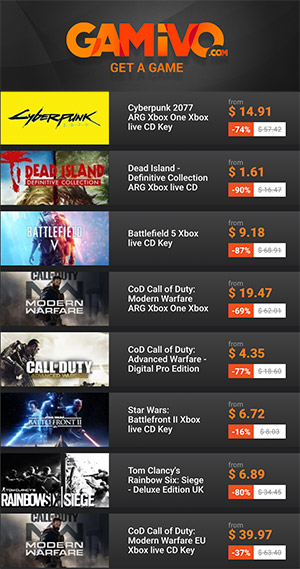

Whether you are trying to do it in house or are planning to use an experiential marketing agency, delivering experiences to customers can be an extremely successful form of marketing. To achieve success however any experience you deliver during marketing campaigns must convince customers that they are not simply buying a product or from a business, but are given the impression that they are part of the brand and have a relationship with that brand.
To achieve this, any ideas you or your experiential marketing agency develops for a campaign must be engaging. Engagement is key to the whole ethos behind experiential marketing, if you fail to engage with potential customers you cannot deliver the experience, create the positive reflections they will have of your business or eventually build a long lasting purchasing relationship. But how do you achieve engagement?
Fundamental in a marketing strategy’s ability to engage is targeting. Like all marketing randomly firing off shots and messaging is not a sensible course of action. This spray shot approach does not provide customers with engagement, nor does it provide very good return on investment. Engagement is gained by taking the time to research and understand the target audience, using data to learn about their wants and needs so that the experience and supplementary messaging is relevant.
This targeting should be the lifeblood of the campaign, not only should it provide the inspiration for the experience itself but it should also shape the way in which the campaign is delivered. For example; the location, personnel and time of day can all be altered to target different sections of society and subsequently should be exploited to improve the effectiveness of the campaign.
Engagement isn’t just about getting people to engage with the experience on the day however and neither is this where the greatest value of experimental marketing can be found. Ultimately the experience is just the beginning of the journey, engagement should continue as the customer leaves the event and can manifest itself as sharing their thoughts in person, presenting their positive experiences on social media and engaging with the brand in other ways on and offline.
Effective engagement results in brand advocates that are willing to promote a brand due to the fact that they have received a positive experience. As long as this experience is substantial, advocates are then willing to share their love of a brand, leading to the spreading of positive word of mouth and greater eventual ROI on the campaign.
At the heart of every good experiential marketing campaign is a great idea, but an idea is only as good as its ability to engage with a well defined and targeted audience. Get these elements right and it is possible to achieve successful, profitable campaigns.



































You must be logged in to post a comment Login